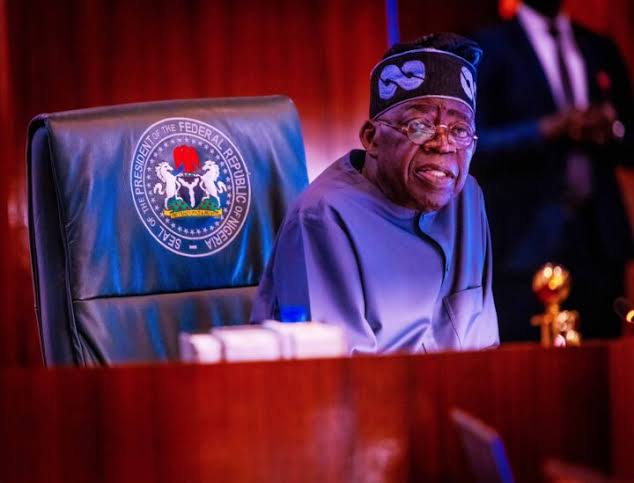The three-day conference has the sub-theme: “Good practices for viable, sustainable media financing.”
In his goodwill message, Amuka said that the business side of newspapers had died due to high cost of production, general economic challenge in Nigeria and advent of the internet, among other factors.
He said that newspaper producers must do their best to survive the situation. He urged the Federal Government to reduce the cost of newsprint, among other interventions, to save newspaper business from dying. Amuka said that Nigerians generally were going through hard times, urging that the Federal Government should do more to reduce the suffering of the masses.
Aremo Osoba expressed satisfaction at the infrastructure development of Bayelsa, and commended the state Governor Duoye Diri for efforts to advance the state. He expressed sadness that the Nigeria Union of Journalists was engulfed in crisis ahead of its delegates conference where its members would elect new leaders.
He called on Editors to wade into the situation to restore normalcy to the union.
In his paper, the National President of the Nigerian Association of Chambers of Commerce, Industry, Mines, and Agriculture (NACCIMA), Dele Kelvin Oye, also shared tips for enhancing media sustainability in Nigeria. He charged media investors and practitioners to cultivate credibility, encourage collaborative journalism, connect with international opportunities, attract sponsors and revenue, invest in research and investigative journalism, encourage collaborative journalism, connect with international opportunities, attract sponsors and revenue, invest in research and investigative journalism, and embrace digital transformation, among others.
Listing positive effects of the President Tinubu administration’s reforms on the nation’s economy, Oye stated, “Increased Foreign Investments: By unifying foreign exchange rates and enhancing transparency, Tinubu’s administration has attracted significant foreign direct investments (FDI). Investors responded positively, leading to a reported 114% increase in FDIs from 2023 to 2024, thereby bolstering Nigeria’s economic stability.
“Enhanced Oil Production and Revenue: Reforms in the oil and gas sector have revived production, with Nigeria’s oil output rising to 1.61 million barrels per day by mid-2024. This increase, coupled with improved regulatory clarity, has doubled oil revenues, enhancing Nigeria’s fiscal strength.
“Higher Government Revenue and Reduced Debt Ratio: The government has effectively doubled its revenue through anti-corruption measures, increased automation, and reduced leakages. Consequently, the debt-service-to-revenue ratio fell from 97 percent to around 68 percent, indicating better fiscal health.”
